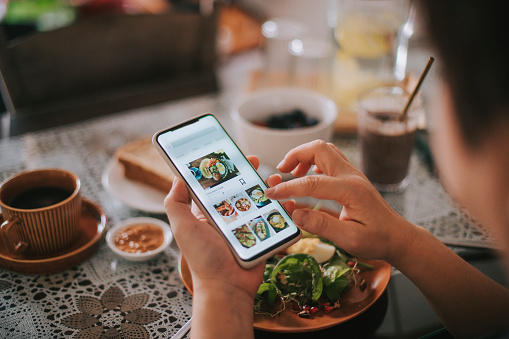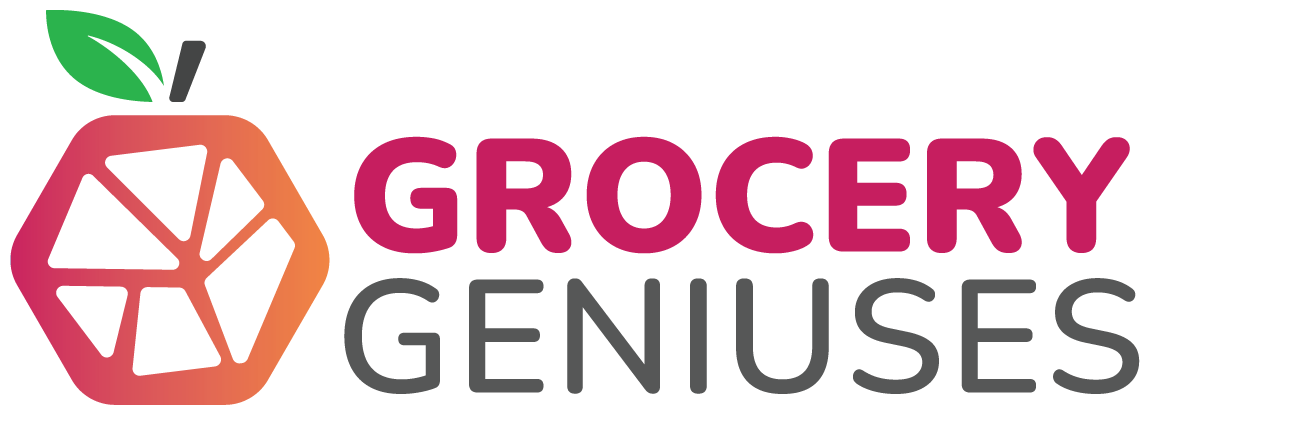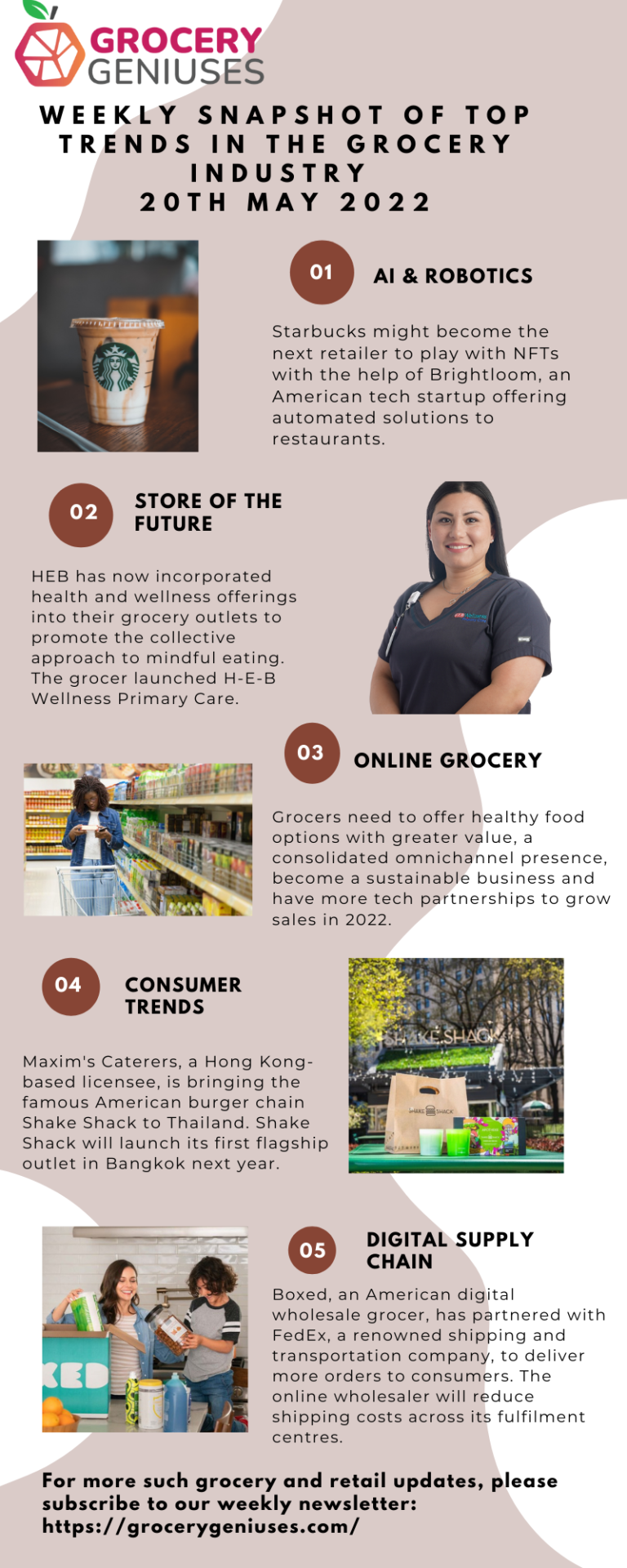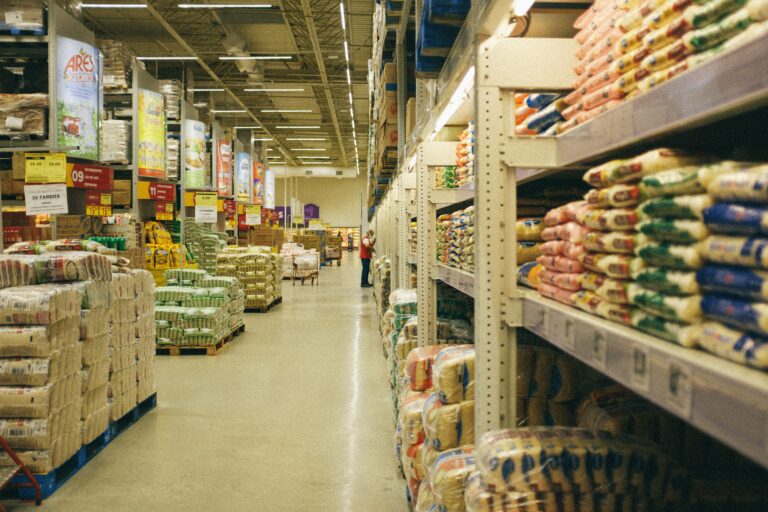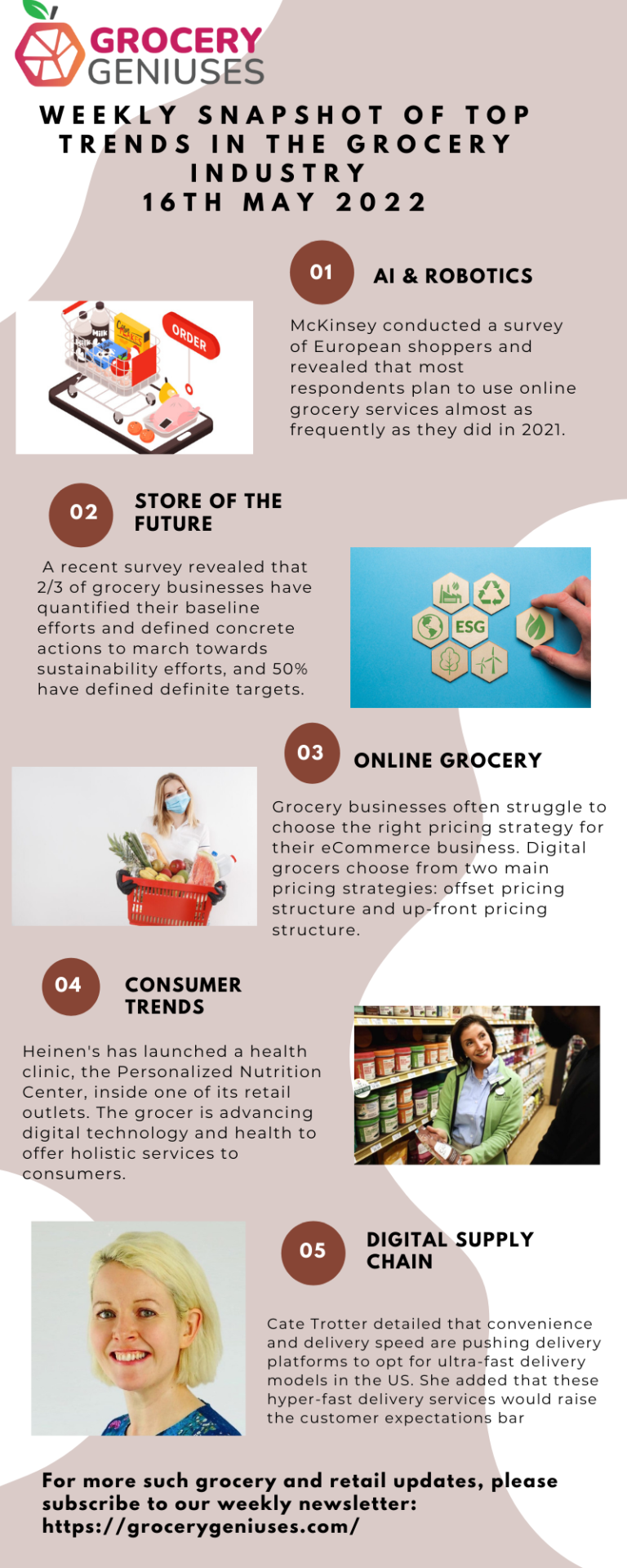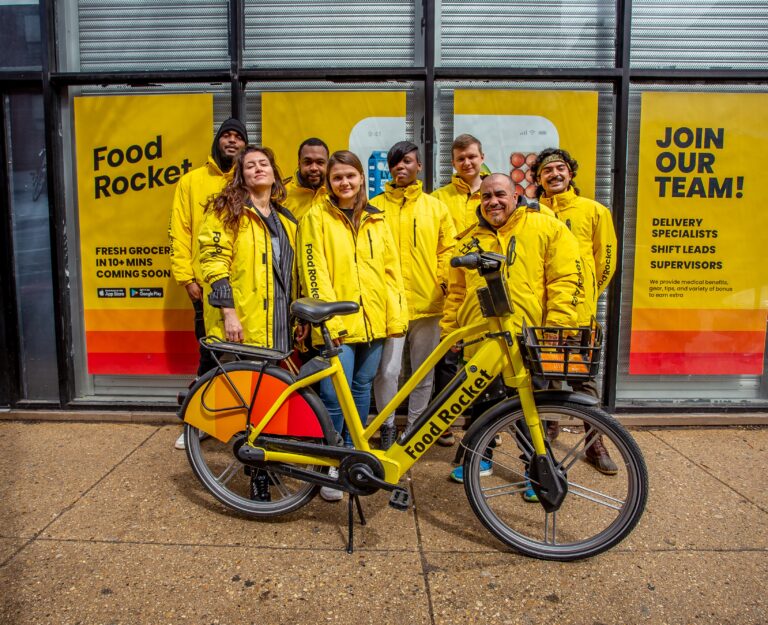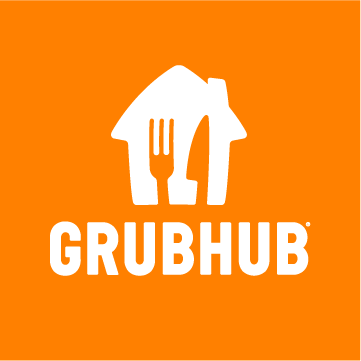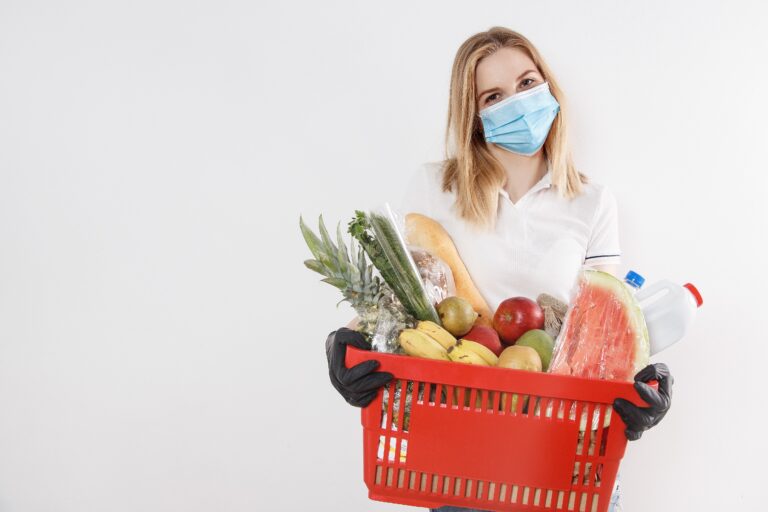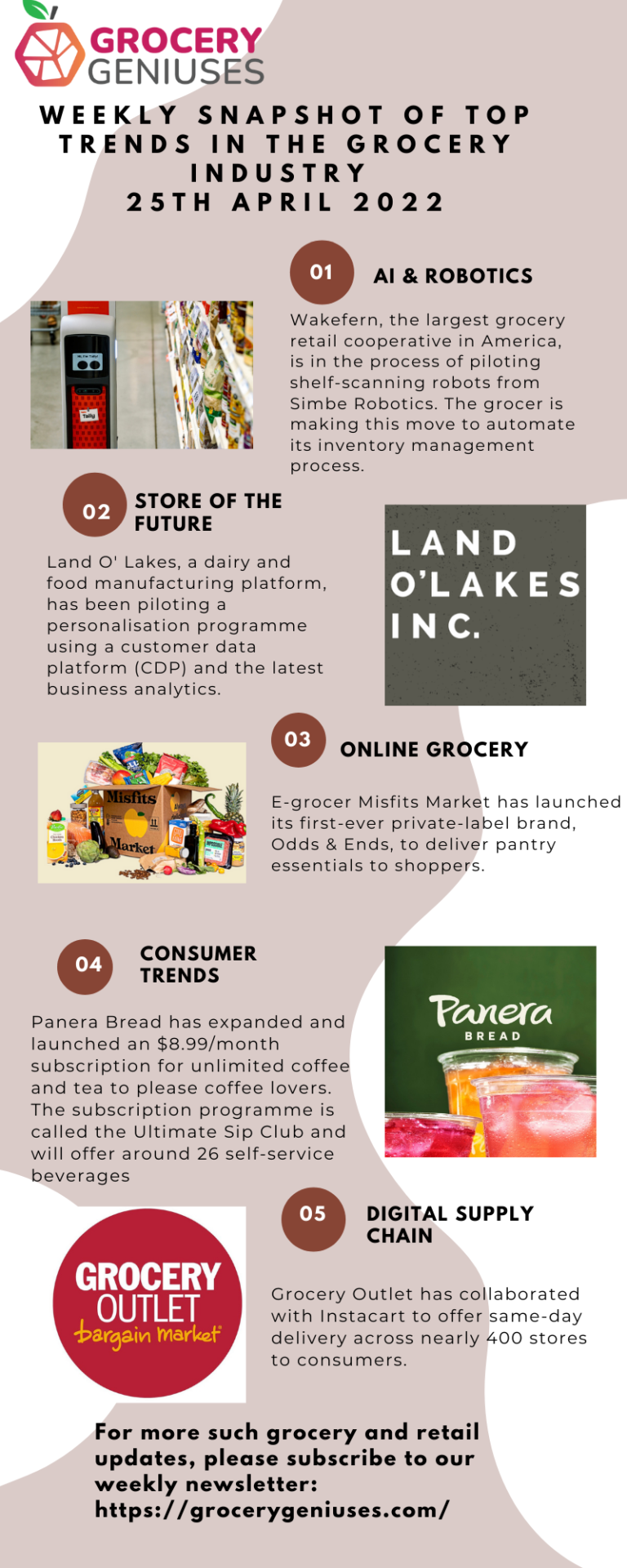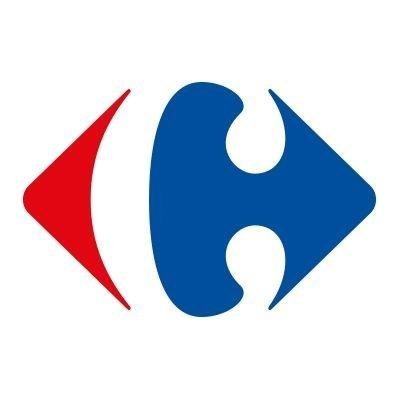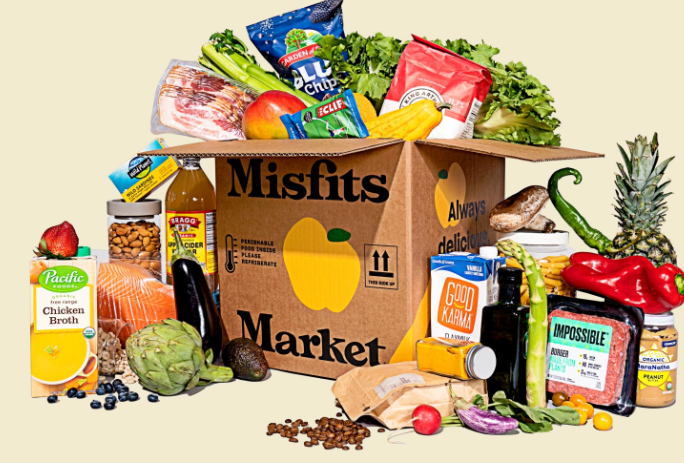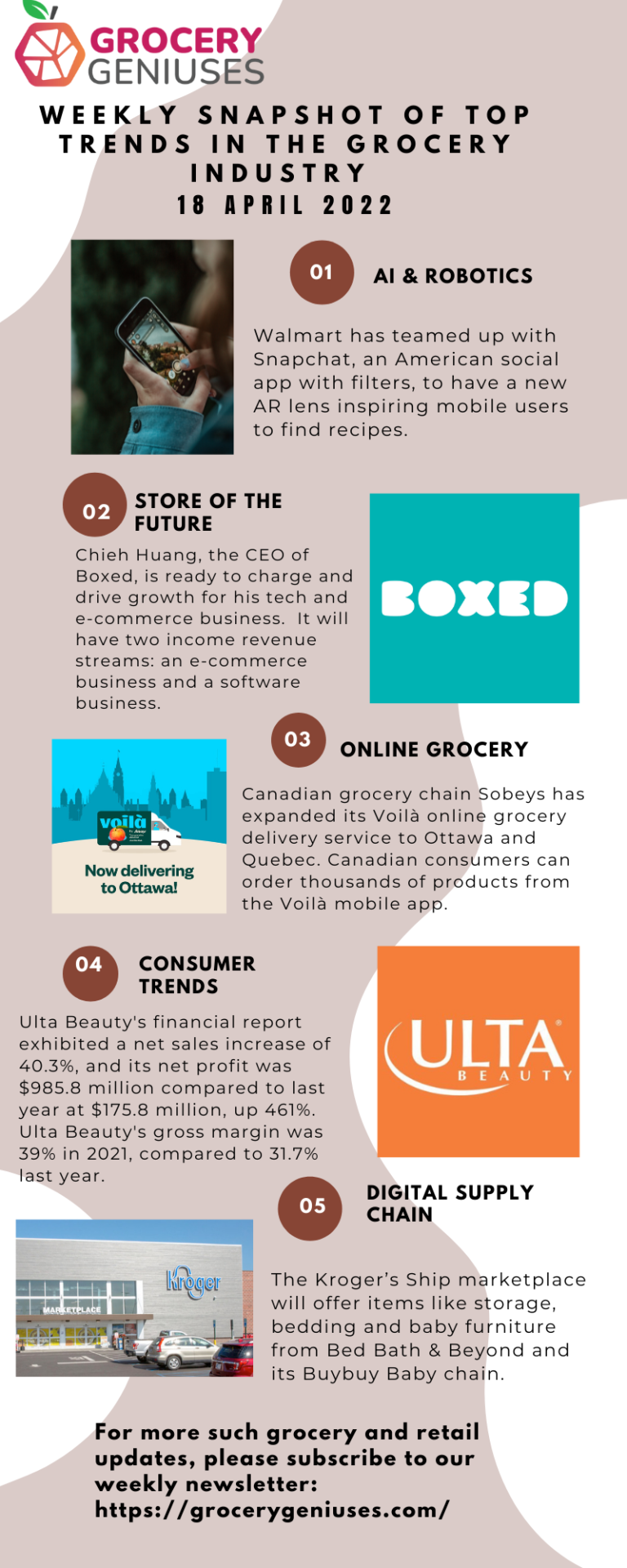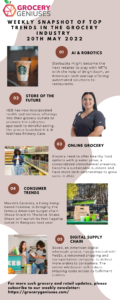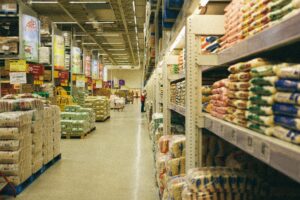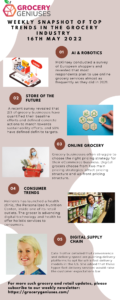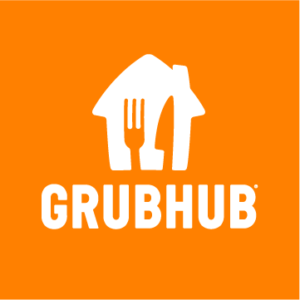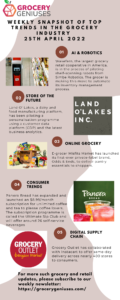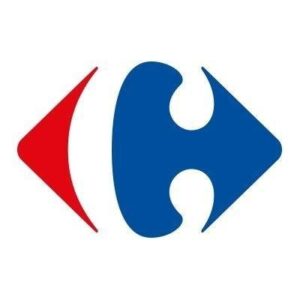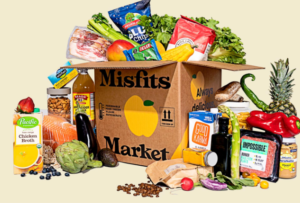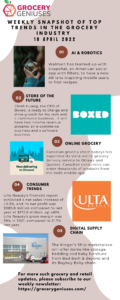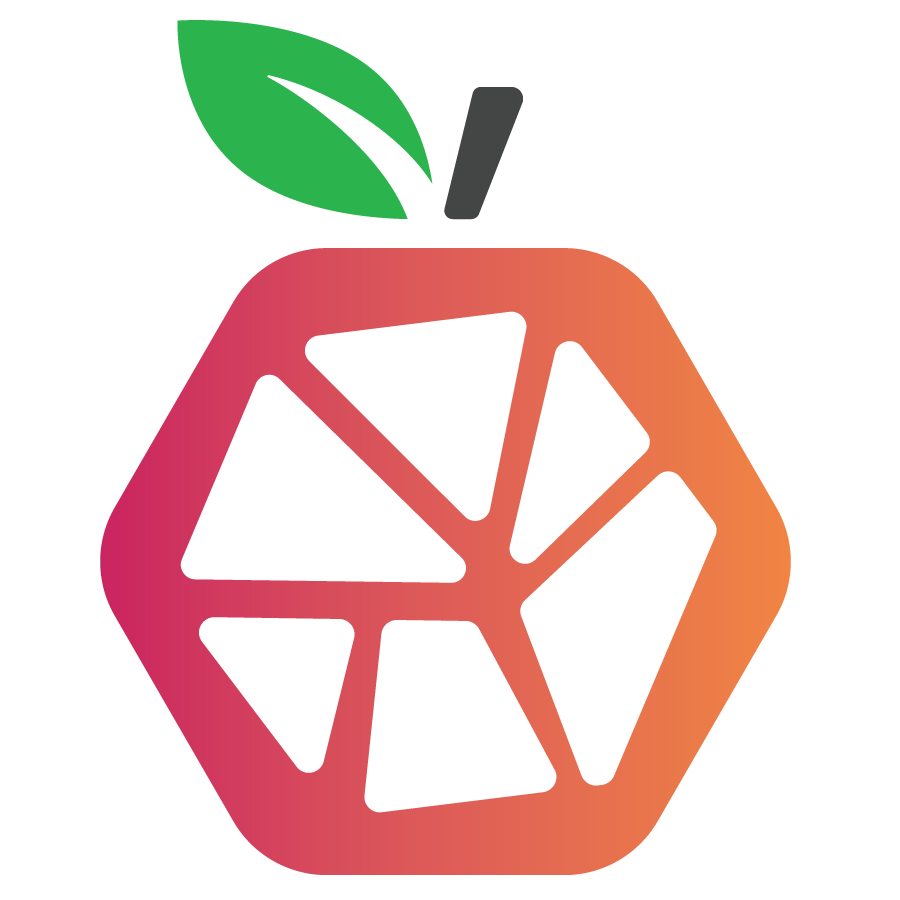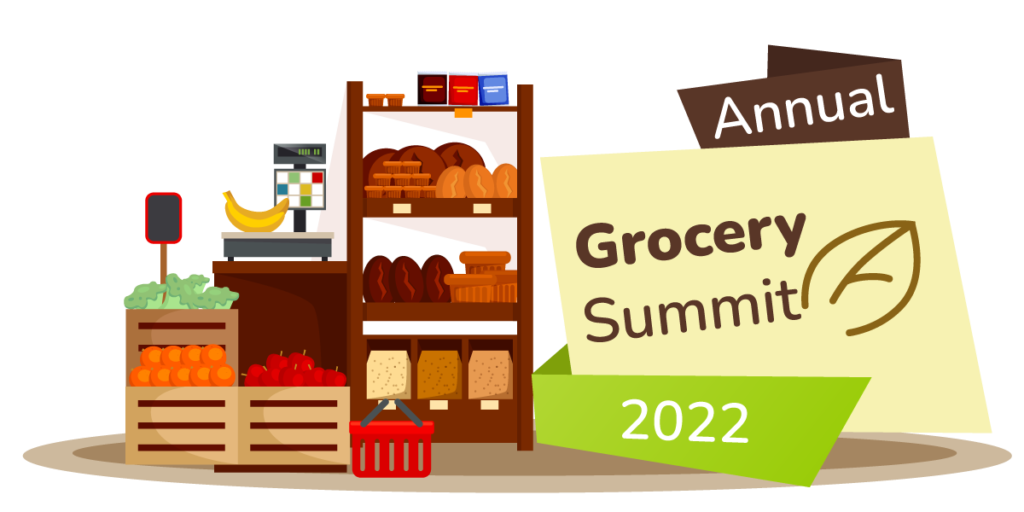This is the weekly snapshot of top trends from the Grocery industry in the past week (08 April-15 April.) AI & Robotics: Walmart has teamed up with Snapchat, an American social app with filters, to have a new AR lens inspiring mobile users to find recipes. Store of the Future: Chieh Huang, the CEO of Boxed, an e-tailer offering bulk products, is ready to charge and drive growth for his tech and e-commerce business. It will have two income revenue streams: an e-commerce business and a software business. Online Grocery: Canadian grocery chain Sobeys has expanded its Voilà online grocery delivery service to Ottawa and Quebec. Canadian consumers can order thousands of products, including the Sobeys Farm Boy store banner, from the Voilà mobile app. Consumer Trends:Ulta Beauty’s financial report exhibited a net sales increase of 40.3%, and its net profit was $985.8 million compared to last year at $175.8 million, up 461%. Ulta Beauty’s gross margin was 39% in 2021, compared to 31.7% last year. Digital Supply Chain: The Kroger’s Ship marketplace will offer items like storage, bedding and baby furniture from Bed Bath & Beyond and its Buybuy Baby chain.
